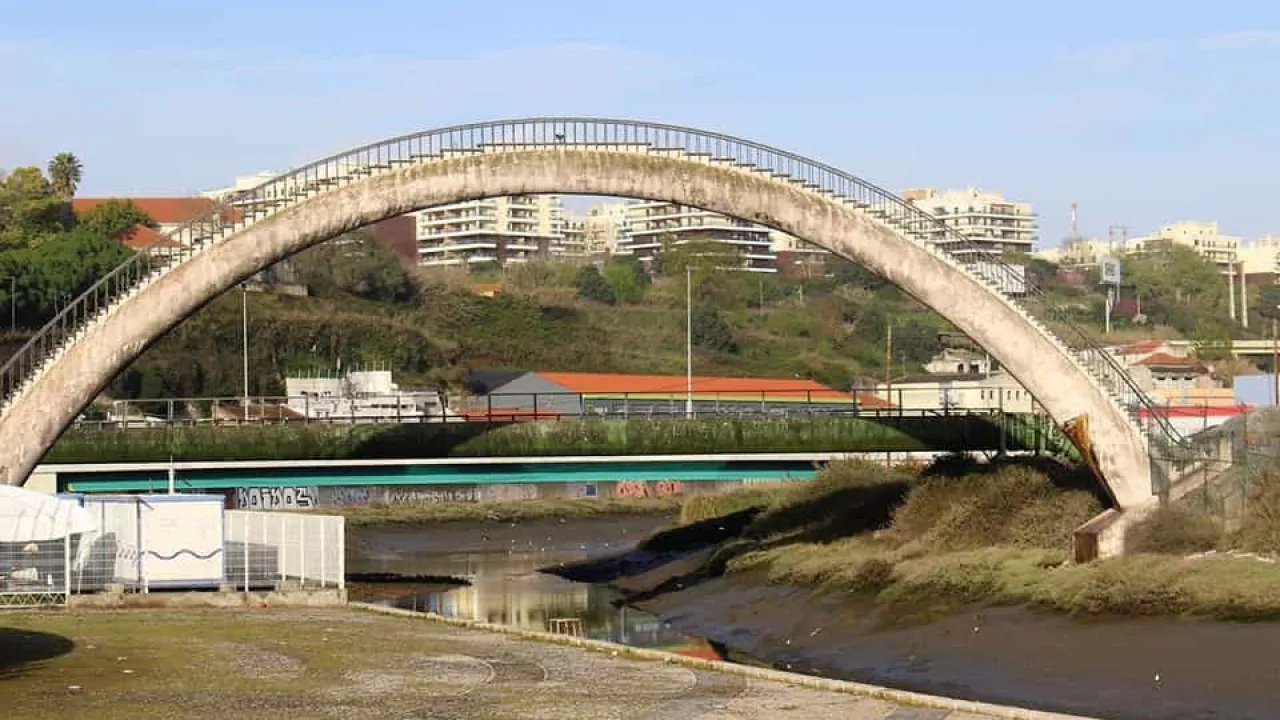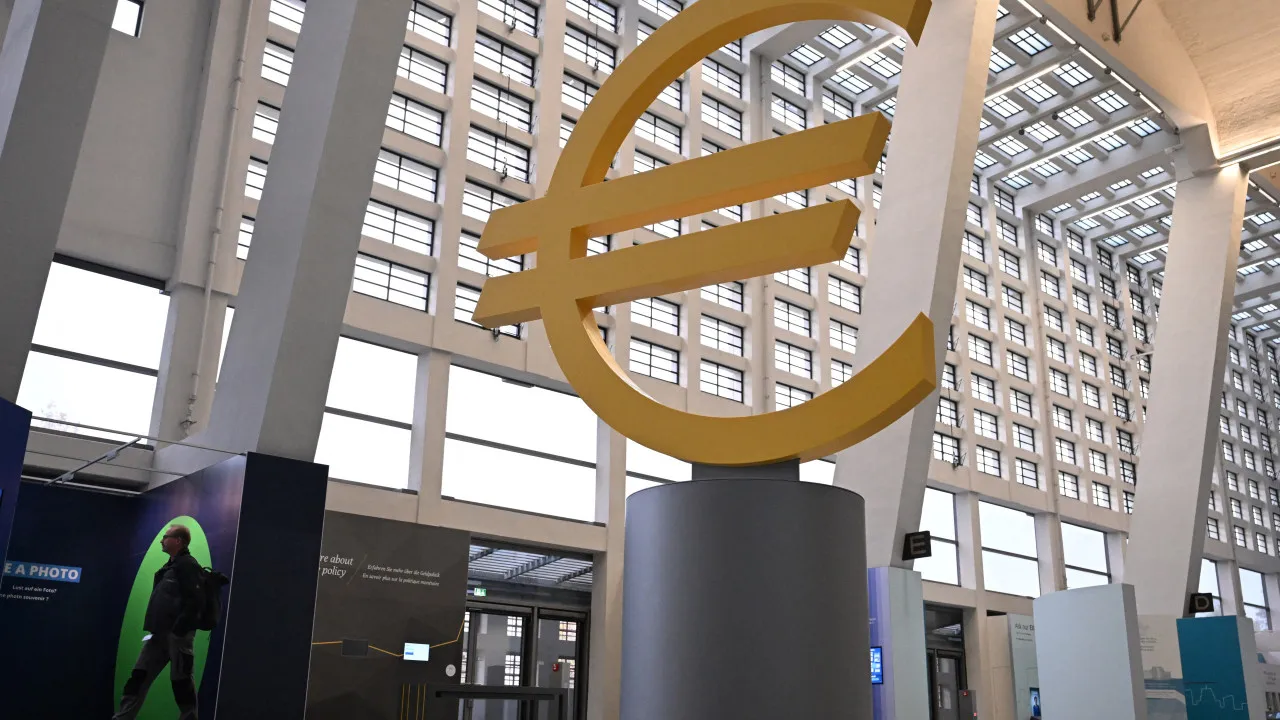
The cast of this season’s production at the National Theatre of S. Carlos (TNSC) includes sopranos Eduarda Melo and Ana Vieira Leite, mezzo-soprano Cátia Moreso, and tenor Marco Alves dos Santos.
‘Il trionfo del Tempo e del Disinganno’ (“The Triumph of Time and Disillusionment”) was composed in 1707 and marks George Frideric Handel’s (1685-1759) debut in this musical style. It premiered in Rome under the patronage of Cardinal Benedetto Pamphili (1653-1730).
Handel’s allegorical work presents a dramatic plot revolving around four moral dilemmas represented by four characters: Beauty, Pleasure, Time, and Disillusionment.
The piece premiered during a papal prohibition on staging operas. However, musicologist Cristina Fernandes points out, “Handel’s oratorios share the dramatic power of his operatic compositions.”
For Italian director Jacopo Spirei, one of the challenges was “making the transition from a concert version to the stage, which involves several changes.” “Fortunately, Handel is a theatrical composer, a storyteller, which facilitated the process,” he said.
In statements to Lusa, Spirei emphasized the dynamic marking of singers on stage. The dramatic action unfolds on Christmas Eve, adding tension within a family’s living room.
“We can refer to this work as a piece of chamber music, or indeed, it can be described as a play. Four individuals debate important issues for humanity: goodness, youth, beauty, disillusionment, time, the past, the future, the present, pleasure, and their meanings,” he explained.
Spirei continued, describing the piece as “very philosophical despite being written by a Catholic cardinal [Benedetto Pamphili], incorporating secular elements that debate the dilemma of earthly pleasures versus love.”
“These are four people in an ordinary house debating grand themes during a special period when families gather, Christmas Eve […] inevitably, certain things come to the surface, just as they do today,” Spirei argued.
“Basically, this is a play […] very contemporary, as it addresses classic themes. No one remains eternally young and beautiful, and what will be done about the past? […] Will one invest in appearance, image, immediate success, or do something meaningful with life? On the other hand, there’s pleasure, which says—yes, that’s true—one should seize every moment of life and live it to the fullest,” he said.
“Everyone is right,” Spirei added, “but Beauty has to make a choice, and here come Time and Disillusionment, it’s about growing up, getting older, and doing something with life.”
“On the other hand, there’s no space in this life chosen for pleasure, leaving us with a pertinent question: what to do and how with our life, which is extremely relevant for everyone. It has to do with choices. As a young person, you question whether to invest in your work or go to a party. This dilemma is always current,” he concluded.
The director and the protagonist, soprano Eduarda Melo, noted that being Handel’s first work in this genre, it already contains many themes and musical techniques the composer would use in the future.
“This is a little-known and not often performed work, but being Handel’s first oratorio, we already find material here that was used in other more mature Handel works. Much was born from this work; many arias and material were developed throughout his musical journey, showing that in young Handel, there was already artistic depth,” said Eduarda Melo, who debuts in this role.
Eduarda Melo portrays Beauty, Ana Vieira Leite embodies Pleasure, Marco Alves dos Santos represents Time, and Cátia Moreso plays Disillusionment.
The soprano highlighted the demands the staging of this oratorio requires, stating the composer used “all the virtuosic states, technically speaking.”
Eduarda Melo also emphasized “the teamwork, rare in such productions, requiring all characters to always be on stage.”
“It requires exhaustive work from each character. I know my character inside out, but I know everything my colleagues are saying and feeling at that moment,” she added.
Jacopo Spirei highlighted “the wonderful music” of Handel and argued that ‘Il trionfo del Tempo e del Disinganno’ is “an opera in various aspects, addressing significant issues.”
Spirei described it as “a work that demands various types of virtuosity,” adding that “Baroque opera has a great connection with us today as it does not judge like 19th-century opera does; it is morally open, and musically, it is close to ‘pop’ and ‘metal’ since all its structures come from Baroque music—the solo, virtuosity, coloratura.”
For Eduarda Melo, “the director’s vision is very interesting as he takes four allegorical figures and humanizes them, transforming this story into something more human and relevant to our times, ultimately becoming a journey from adolescence to adulthood.”
German conductor Michael Hofstetter, who will lead the Portuguese Symphony Orchestra, is noted by the National Theatre of S. Carlos as “a specialist in Baroque music.”
Hofstetter, 63, directed the Ludwigsburg Festival, in Germany from 2005 to 2012. Since January 2020, he has been the artistic and executive director of the Gluck International Festival in Nuremberg, and since the 2021/22 season, he has been the principal guest conductor of the Tölzer Knabenchor male choir in Bavaria.
This production of Handel’s “Il trionfo del Tempo e del Disinganno”—from the Buxton International Festival in co-presentation with the TNSC—will be staged at Teatro S. Luiz in Lisbon on Wednesday and Friday at 8:00 PM, and on Sunday at 5:00 PM.
It will then move to Theatro Circo in Braga, where it will be presented on the upcoming 26th, at 9:00 PM, and 27th, at 4:30 PM, as part of TNSC’s tour.




